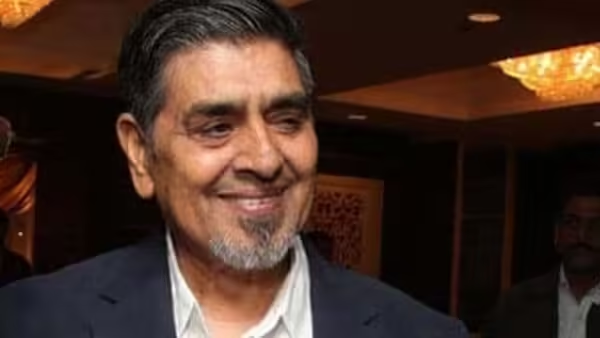A Delhi court has ordered formal charges to be framed against Congress leader Jagdish Tytler in connection with the 1984 anti-Sikh riots. Tytler, who has been accused of inciting a mob that led to the murder of three men outside Pul Bangash gurdwara, will face charges including murder, provocation to cause a riot, unlawful assembly, and other criminal acts. The case, which was investigated by the Central Bureau of Investigation (CBI), has been in the spotlight for years, with Tytler consistently denying any involvement.
Court Directs Framing of Charges
On Friday, the Delhi court directed that Tytler be charged under several sections of the Indian Penal Code (IPC), including murder (Section 302), rioting (Section 147), and provocation with the intent to cause a riot (Section 153A). The charges will be formally framed on September 13, where Tytler will enter his plea of either ‘guilty’ or ‘not guilty’.
CBI’s Accusations and Evidence
The CBI, in its chargesheet filed in May of the previous year, accused Jagdish Tytler of “inciting, instigating, and provoking the mob” that led to the deaths of Thakur Singh, Badal Singh, and Gurcharan Singh during the riots. The federal agency presented eyewitness testimonies that claimed Jagdish Tytler was seen directing a mob armed with petrol canisters, sticks, and rods outside the gurdwara.
Tytler’s Defence
Despite the mounting evidence, Tytler has maintained his innocence, stating that there is no substantial proof against him. He has repeatedly questioned the validity of the accusations, even offering to “hang himself” if concrete evidence were found. In a statement made last year, Tytler expressed regret over the riots but denied any personal involvement.
Historical Context and Previous Apologies
The 1984 anti-Sikh riots were a result of the assassination of then Prime Minister Indira Gandhi by her Sikh bodyguards. The violence that ensued led to the deaths of thousands of Sikhs. Tytler has been a controversial figure in this context, with the Nanavati Commission recommending in 2005 that his case be reopened by the CBI.
Jagdish Tytler was previously cleared of charges by the CBI on three occasions, but the courts insisted on further investigation. The Congress party, including leaders like former Prime Minister Manmohan Singh and Sonia Gandhi, has apologised multiple times for the riots, acknowledging the failures that led to the tragic events.
Bail and Court Orders
Currently out on bail, Jagdish Tytler was granted release by a sessions court on a bond and surety of ₹1 lakh each. The court also imposed strict conditions, including prohibiting him from tampering with evidence or leaving the country without prior permission.
As the trial progresses, the focus will remain on whether the charges against Tytler hold in court. The proceedings on September 13 will be critical in determining the course of this long-standing case, which continues to evoke strong emotions across India.
